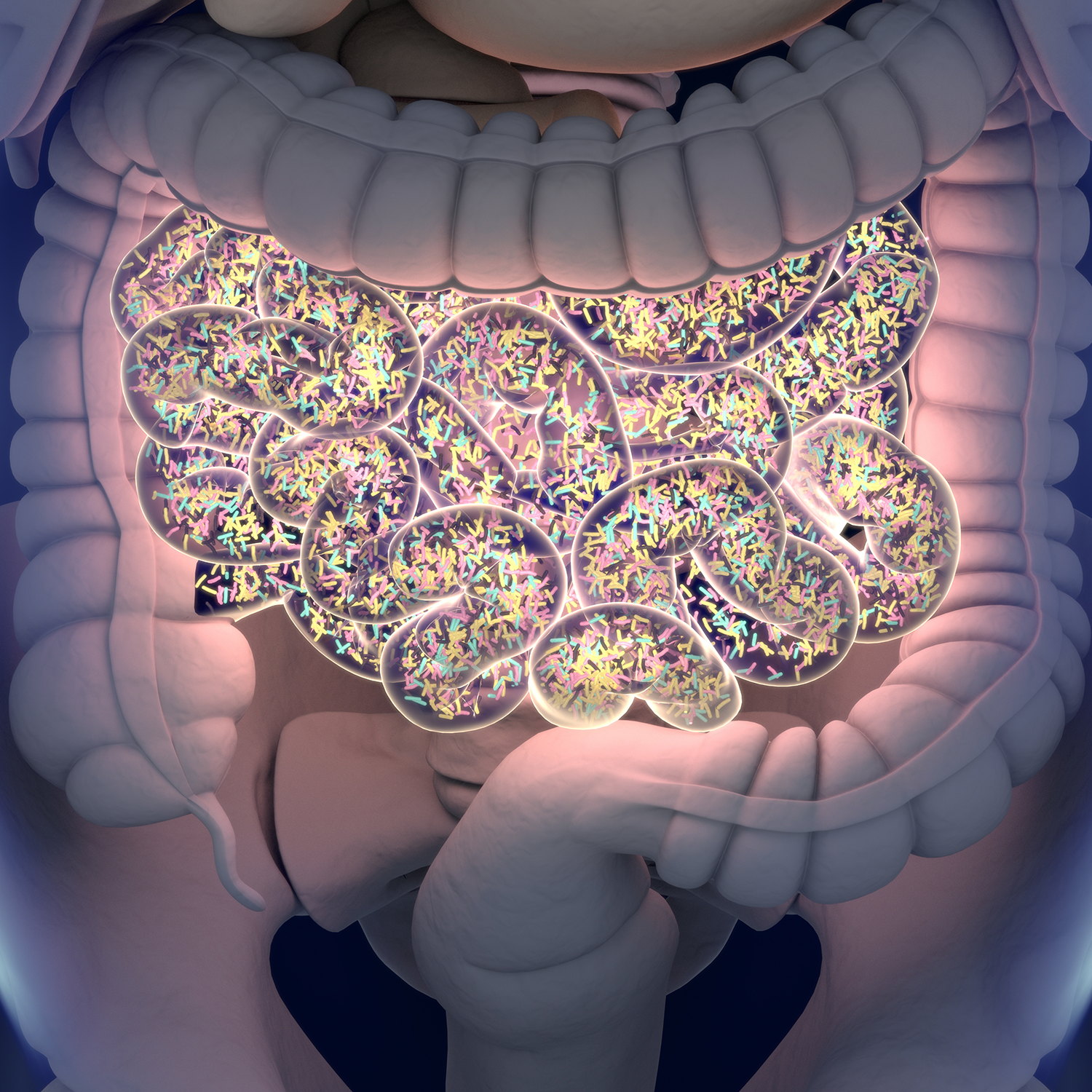News
Our research not only influences the scientific community, but the general public as well. We strive to share our discoveries with everyone. Read some of our latest articles on what is happening at the Nutrition Research Institute.
Nutrition Notes from AFL@JWU – April 18
April 18, 2018 – The science on food and nutrients and their relationship to health is complex. Individuals are unique and there are various factors that influence health outcomes. Researchers at the UNC Nutrition Research Institute (NRI) are working to understand the intricacies of diet, nutrients, and their relationship to disease prevention and progression with the goal that general dietary guidance will one day be replaced with customized nutrition recommendations. Current research suggests following an overall healthful diet, rich in plants, that emphasizes fruits and vegetables, whole grains, lean protein, and unsaturated fats, and staying physically active may best support good health. In this program we consider the health benefits of chicken.
April 2018
Gut and Microbiome Study March 28, 2018 – At the NRI, we are conducting pioneering research on the interplay of diet and the gut microbiome in human health. The gut microbiome is a complex community of microorganisms living in our lower intestine; although we have...
Kohlmeier Named Editor-in-Chief of New Journal: BMJ Nutrition, Prevention & Health
March 29, 2018 – Leading healthcare knowledge provider BMJ will launch BMJ Nutrition, Prevention & Health later this year in July 2018 at the 4th NNEdPro International Summit in Cambridge. Co-owned with the NNEdPro Global Centre for Nutrition and Health, the journal is dedicated to publishing high quality, peer reviewed articles that focus on diet, exercise and healthcare technology on health and wellbeing.
Gut Microbiome, Diet and Health
March 28, 2018 – At the NRI, we are conducting pioneering research on the interplay of diet and the gut microbiome in human health. The gut microbiome is a complex community of microorganisms living in our lower intestine; although we have long known of its existence, recent technological advances have allowed us to begin to define the composition and function of this dynamic community. This growing body of research demonstrates vast biologic activity within the gut microbiota, which may have the potential to affect our physiology and help guide health recommendations and interventions.



